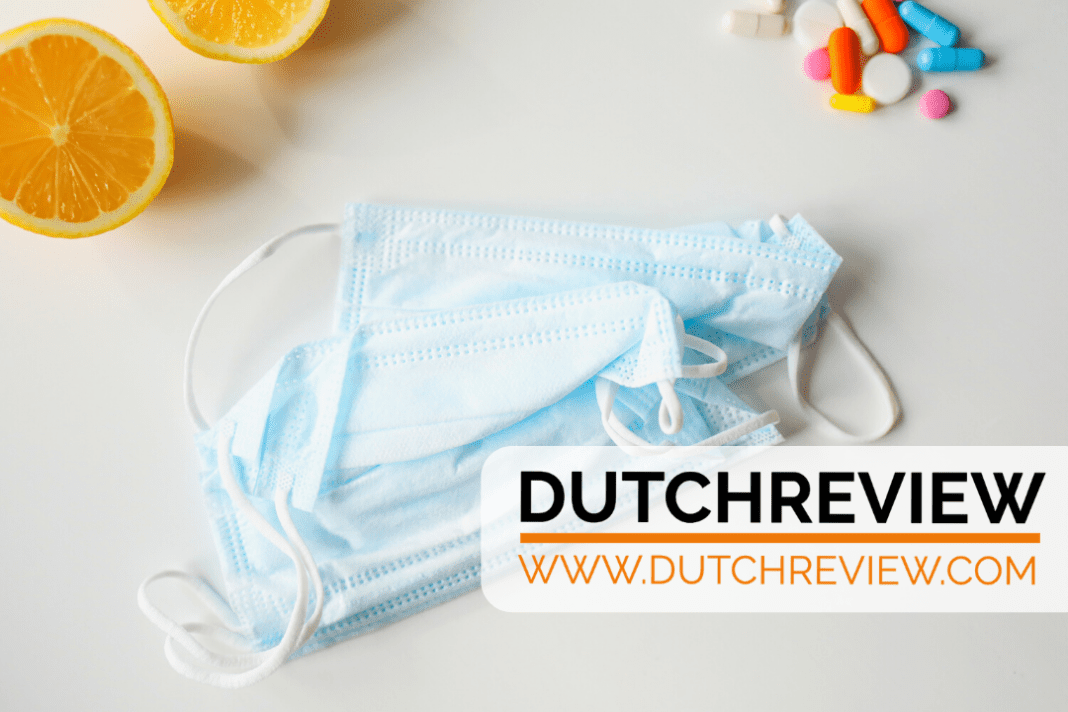In his speech yesterday, Prime Minister Mark Rutte stated that many people in the Netherlands will be infected with the coronavirus, and that this is necessary to build ‘group immunity’ but that this should be done in a controlled way.
Veel zit er al op slot in Nederland, maar nog niet alles. Jaap van Dissel van het RIVM legt de nadelen uit van zo'n 'total lockdown'. "In de toekomst zal je als land dan altijd gevoelig blijven voor herintroductie van het virus." #coronavirus #Nieuwsuur pic.twitter.com/R6OcsSeW1n
— Nieuwsuur (@Nieuwsuur) March 16, 2020
The rationale behind this is that those who get the virus will become immune as the body will be able to develop antibodies. Consequently, they will have a smaller chance of becoming re-infected. So essentially the more people that have it, the more immunity is built.
This type of ‘group immunity’ would result in an increase of the population that is no longer susceptible, which would allow the virus to slowly die out according to Menno de Jong, a virologist at the Amsterdam UMC who was interviewed by RTLNieuws.
De Jong continues that this would create a ‘shell’ around the susceptible people (the elderly, people suffering from heart conditions etc). In order for this to work, 60% of the population would need to be cured from the virus.
However, it should be noted that this strategy may not necessarily work. William Hanage, an epidemiologist, argues that it is vaccines that create this ‘group immunity’ – not allowing people to become infected, and that we should not treat the pandemic ‘which will make a very large number of people sick, and some of them will die’ lightly. However, his piece is based on the earlier approach by the UK which was a whole lot looser than the current Dutch tactic.




